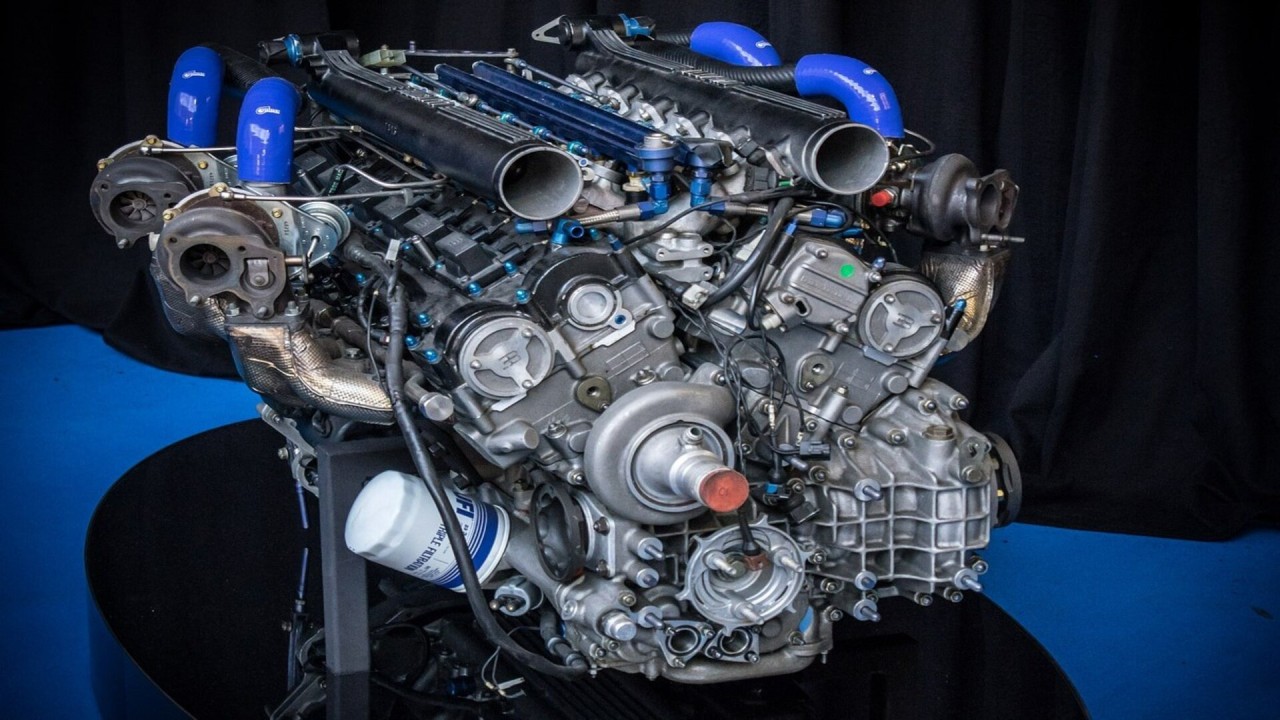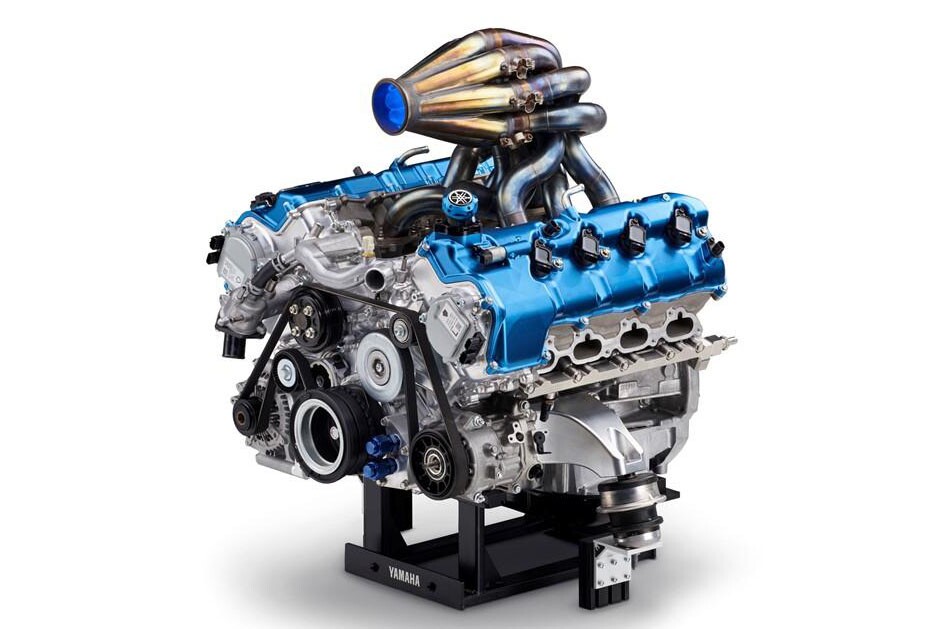Shop Engines for Africa and Even More at Our Extensive Auto Parts Shop
The Influence of Cutting-edge Engine Technologies on Energy Efficiency and Environmental Sustainability
In the world of transport and commercial equipment, the continuous quest for boosted energy efficiency and minimized environmental impact has actually resulted in substantial improvements in engine innovations. From the steady shift in the direction of hybrid and electrical systems to the combination of turbocharging for boosted effectiveness, the landscape of engines is advancing rapidly. The usage of alternate gas better branches out the choices readily available for sustainable energy sources. These developments not just promise a greener future but additionally hold the potential to transform the way we come close to power consumption and ecological sustainability.
Evolution of Engine Technologies
The progression of engine modern technologies over the years has actually been noted by consistent advancement and refinement in search of boosted performance and performance. From the early days of inner burning engines to the innovative hybrid and electrical powertrains of today, the development of engine technologies has actually been driven by a relentless mission for enhanced fuel effectiveness and reduced discharges.
One considerable milestone in this evolution was the growth of turbocharging and straight injection systems, which dramatically improved engine power outcome while boosting gas effectiveness. These technologies permitted smaller sized, more light-weight engines that might deliver the efficiency of bigger ones without compromising on efficiency.
Moreover, innovations in products scientific research have caused the widespread adoption of light-weight products such as light weight aluminum and carbon fiber in engine building. This has not only decreased overall automobile weight but has also improved engine effectiveness by lessening power losses connected with inertia and friction.
Benefits of Electric and Hybrid Solutions
With the expanding emphasis on sustainability and power efficiency, what advantages do electric and hybrid systems offer in the realm of engine modern technologies? Electric and hybrid systems existing many benefits that add to a much more energy-efficient and sustainable future. One of the primary benefits is the significant reduction in greenhouse gas emissions contrasted to standard inner combustion engines. Electric automobiles generate no tailpipe discharges, resulting in boosted air high quality and reduced ecological influence. Furthermore, hybrid and electric systems are extra energy-efficient, converting a greater percentage of kept energy into propulsion compared to traditional engines. This effectiveness leads to reduced power consumption and operating expense over the automobile's lifetime. Additionally, electric lorries offer regenerative stopping systems that store and record energy commonly shed throughout braking, even more improving power efficiency. Crossbreed systems integrate the advantages of electric propulsion with the flexibility of a combustion engine, offering extended driving ranges and decreasing variety anxiousness for consumers transitioning to electric vehicles. On the whole, electric and hybrid systems play a vital role in advancing power efficiency and ecological sustainability in the transport market.
Turbocharging for Improved Efficiency
Turbocharging works by making use of a wind turbine to force even more air into the combustion chamber, allowing for this content better gas burning and raised power outcome without a considerable boost in engine dimension. By taking full advantage of the performance of the combustion process, turbocharged engines can achieve better gas economic situation and lowered exhausts, adding to ecological sustainability. The prevalent adoption of turbocharged engines in both gas and diesel cars shows their effectiveness in balancing efficiency, efficiency, and environmental influence.
Utilizing Different Fuels
Utilizing different fuels provides an encouraging opportunity for reducing carbon discharges and expanding the energy resources utilized in transport. As the globe strives to battle environment adjustment and lower dependence on nonrenewable fuel sources, alternate fuels have actually gained considerable focus for their possible environmental and economic benefits.
Biofuels, such as ethanol and biodiesel, are originated from eco-friendly resources like corn, sugarcane, you can check here and algae, using a cleaner burning choice to traditional gas and diesel. These gas can be combined with existing petroleum gas or made use of in committed engines, providing a pathway to reduced greenhouse gas emissions and improve air top quality.
Furthermore, hydrogen gas cells have actually emerged as an appealing modern technology for zero-emission transportation. engines for africa. By converting hydrogen gas into power to power electric motors, gas cell vehicles produce just water vapor as a byproduct, removing hazardous tailpipe exhausts totally
Along with lowering carbon emissions, alternate gas can likewise enhance energy safety by diversifying the fuel mix and lowering dependence on imported oil. Accepting alternative gas in transportation is an important step towards attaining a much more eco pleasant and lasting future.

Environmental Advantages and Future Prospects
The ecological advantages of different fuels and their possibility for long-term sustainability are vital considerations in the shift in the direction of cleaner energy resources. Alternative fuels, such as biofuels, hydrogen, and electricity, deal substantial environmental advantages contrasted to conventional fossil gas. These fuels create lower levels of greenhouse gas exhausts, minimizing air contamination and mitigating climate change influences. Additionally, different fuels can help expand power sources, enhancing power protection and decreasing dependence on finite sources.
The future potential customers for alternate gas in the transportation industry are appealing. Innovations in modern technology remain to improve the efficiency and affordability of alternative fuel vehicles, making them more available to consumers. Governments worldwide are also executing policies to incentivize the adoption of alternative fuels, further driving their growth. As r & d initiatives expand, the possibility for also greener and a lot more sustainable gas alternatives boosts, leading the method for a cleaner and much more eco-friendly transport industry. By embracing innovative technologies and different gas, the path in the direction of an extra lasting future ends up being progressively achievable.

Verdict
In verdict, cutting-edge engine modern technologies have played an important function in boosting energy efficiency and More about the author promoting environmental sustainability. The evolution of engine innovations, adoption of hybrid and electric systems, usage of turbocharging, and exploration of alternative fuels have all contributed to raising and reducing emissions performance.
In the realm of transportation and industrial machinery, the constant quest for enhanced energy efficiency and decreased ecological influence has actually led to considerable improvements in engine modern technologies. Turbocharging works by using a turbine to force more air right into the combustion chamber, allowing for much better gas combustion and enhanced power output without a substantial rise in engine dimension. By taking full advantage of the effectiveness of the combustion procedure, turbocharged engines can accomplish improved gas economic climate and reduced exhausts, contributing to environmental sustainability. Different fuels, such as biofuels, hydrogen, and electricity, deal considerable environmental advantages compared to typical fossil gas. The evolution of engine technologies, fostering of electric and hybrid systems, use of turbocharging, and expedition of alternate fuels have all contributed to raising and minimizing emissions performance.